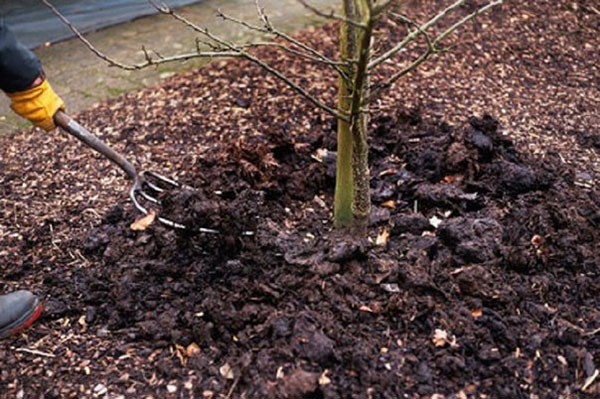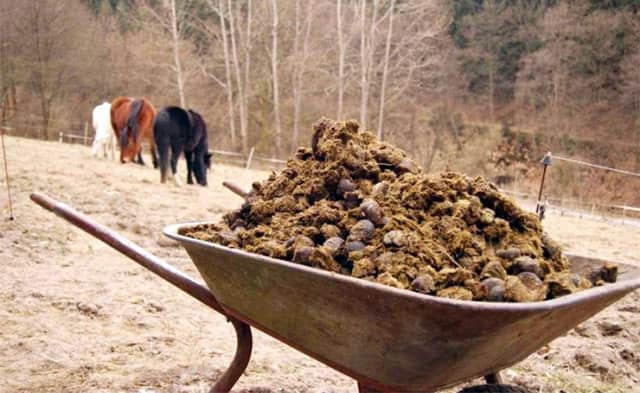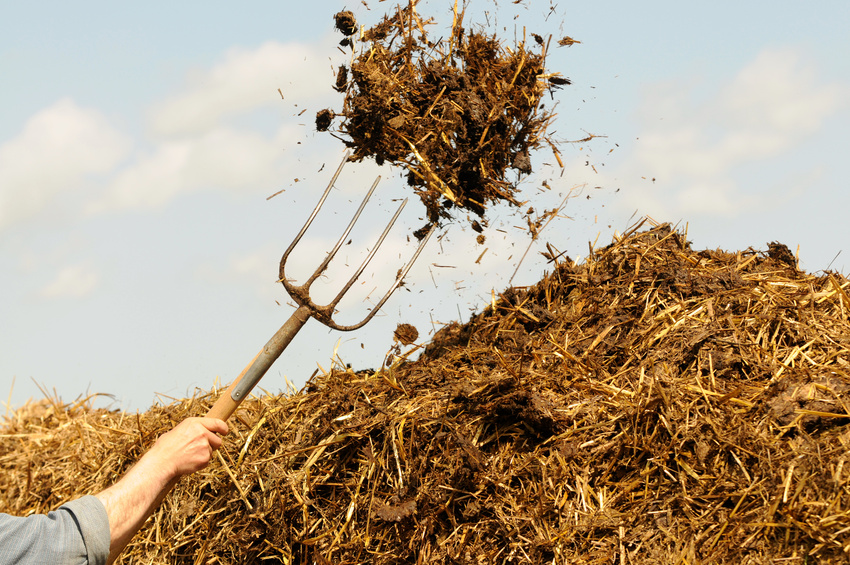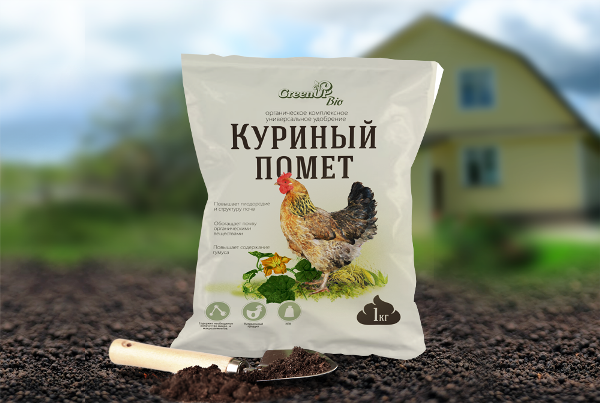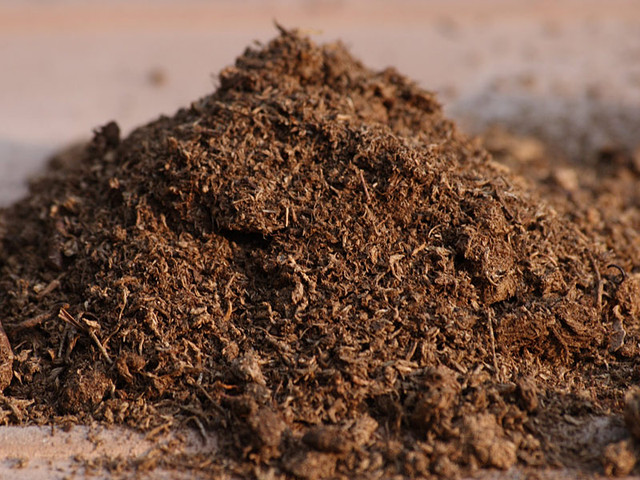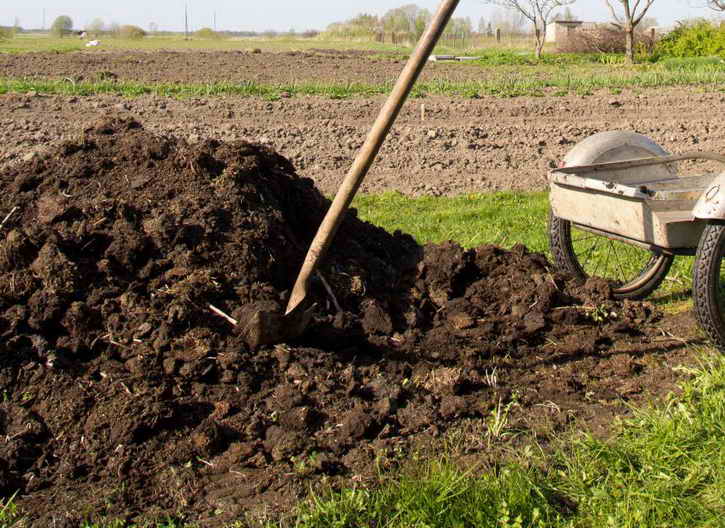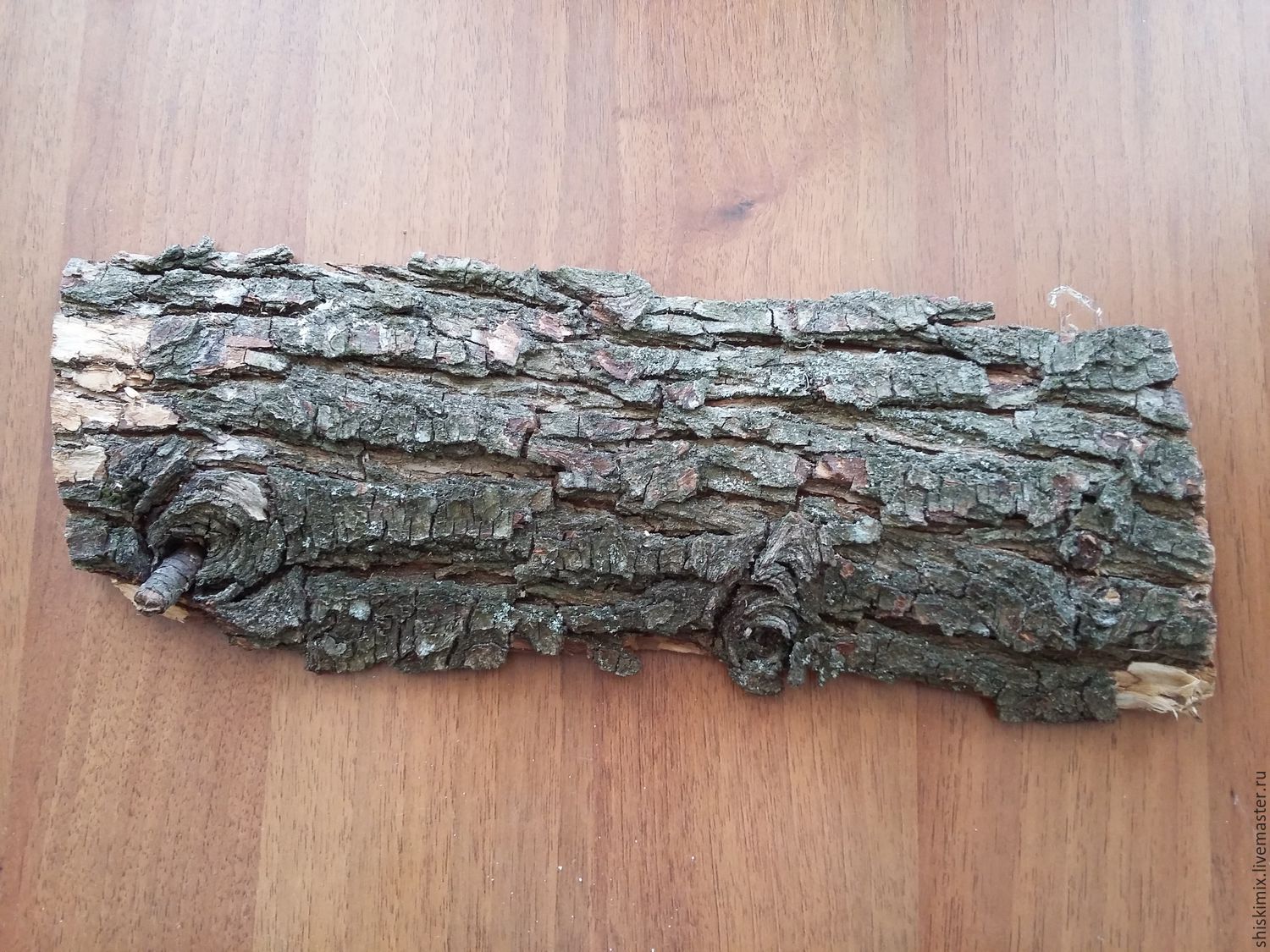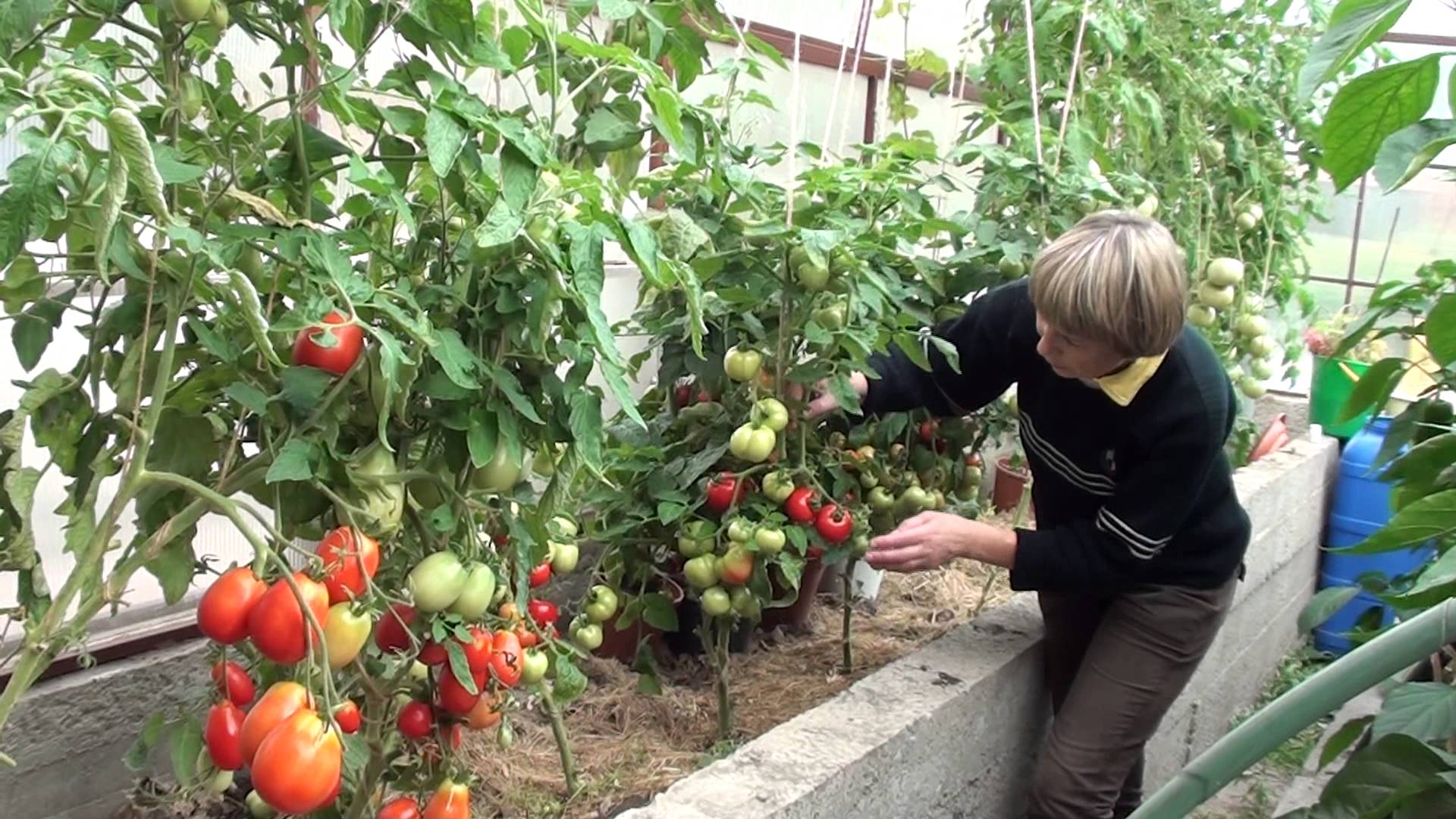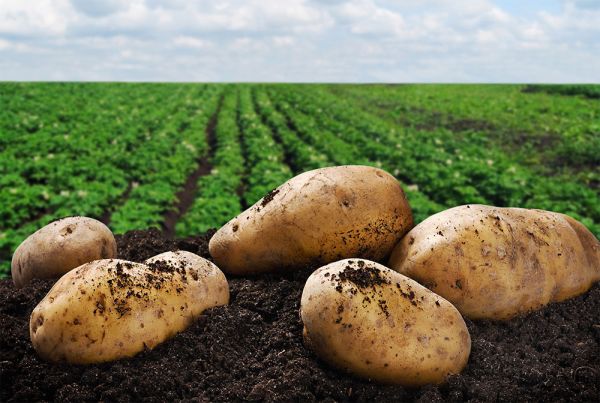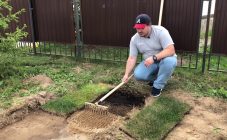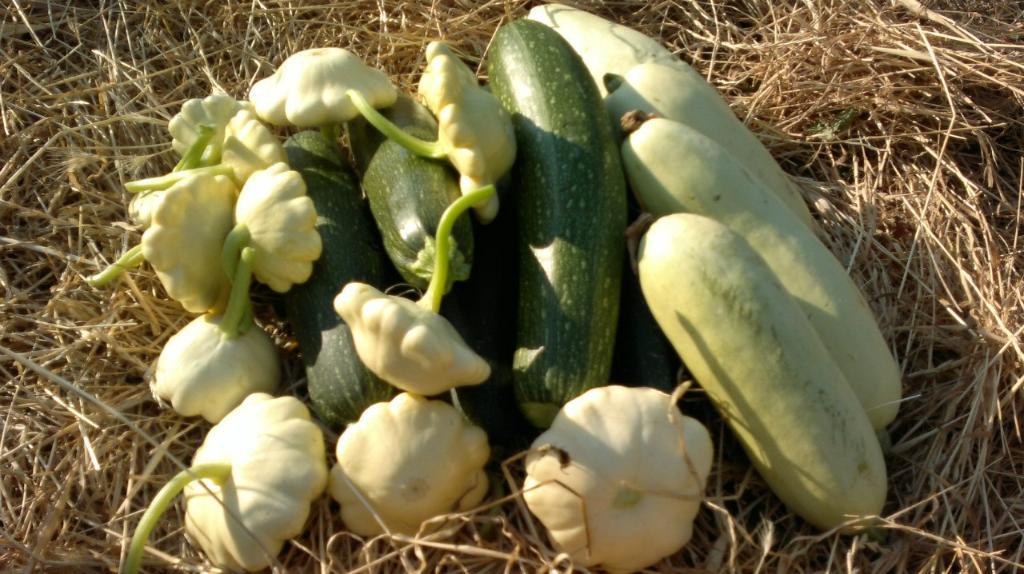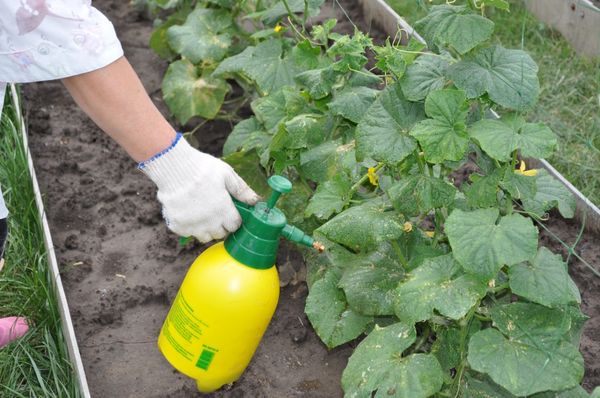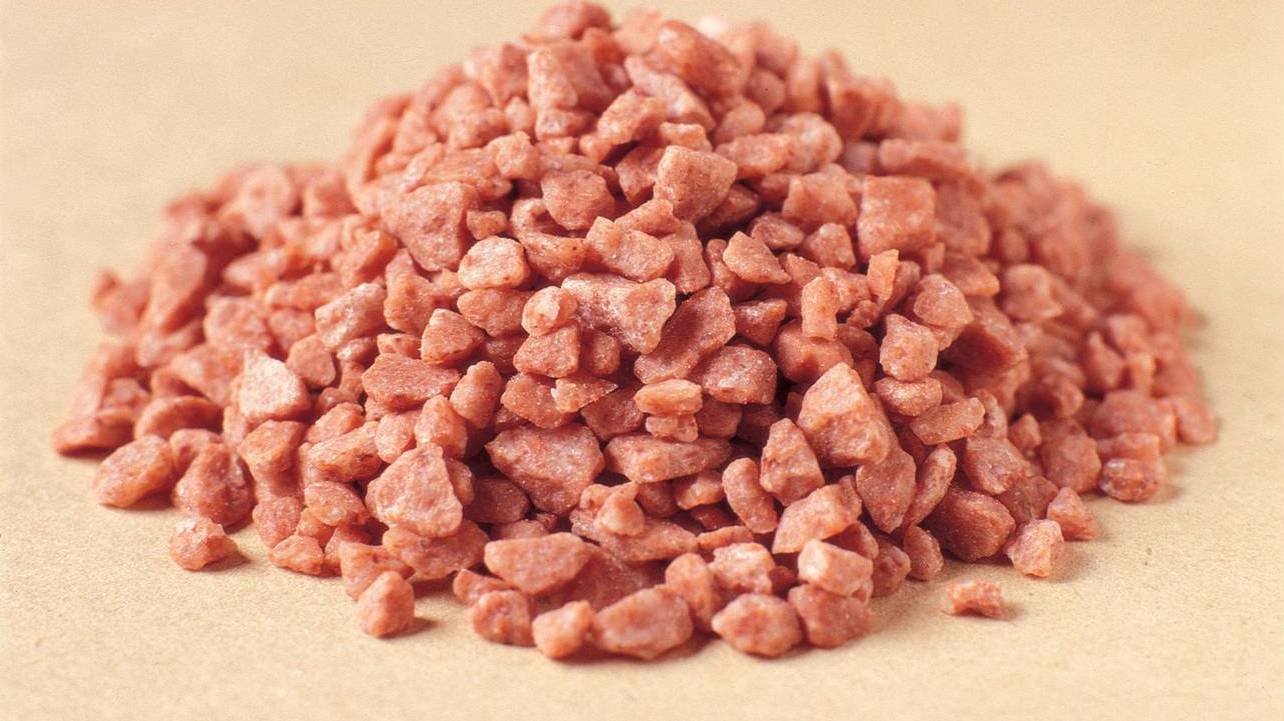Manure has long been used as a natural fertilizer for feeding and better growth of garden plants, in the fields and gardens of the population. It contains a lot of organic matter, which decays to form minerals for the successful development and rapid fruiting of garden and horticultural crops.
At the same time, organic matter does not harm soil microorganisms, which are in close relationship with the root system of vegetables, providing them with access to nutrients. In addition to manure, organic fertilizers include peat, bird droppings, compost, silt from rivers and lakes, as well as manure in the form of granules.
Granulated manure
Manure in granules in its composition is not much different from cow cakes. 70% of its composition is occupied by mineral organics with nitrogen-potassium microelements, phosphorus, zinc, manganese and calcium.
Before heating, the excrement of cows, horses, birds is composted with dry plant stems. After removing moisture and drying, the mixture is pressed into granules, due to which the mass of fertilizer is reduced up to 10 times.
Lake or river silt
Sludge deposits at the bottom of rivers and lakes are a good mineral and organic fertilizer for garden crops. Even the peasants of ancient Egypt used the fertile lands rich in silt in places where the Nile River flooded.
Sapropel looks like a black mass of a semi-liquid or granular state. Sludge is formed from all sorts of remnants of fish, crustaceans, products of their vital activity, animal and plant organisms, decomposing at the bottom of water bodies.
Silt is rich in organic matter, minerals and trace elements. They extract it from the bottom of the rivers with excavators and dry it. It enters the retail network in the form of granules, tablets or in bulk.
Bird droppings
Bird droppings are considered to be the best type of natural organic fertilizer. The droppings of chickens and pigeons are of particular value. Autumn is considered the best time for its introduction into the soil, since when it enters the soil, nitrogen accumulates in the form of nitrates.
To feed the plants, manure is diluted in a ratio of 1:10. Before applying to the soil, it must be kept in a closed container for 5 days to prevent burns of the seedlings.
Peat
Peat does not contain the same variety of minerals as other organic fertilizers. But he, like no one else, improves the soil composition with the content of humus in it. Thanks to peat, the soil warms up quickly.
Collect it in the swamps, then dry it. Pure lime is added to peat to reduce its acidity. But it is better to use it for composting. Peat is introduced into the soil at any time of the year.
Feces
Can be used as fertilizer and sewage in human toilets. For this, the bottom of the cesspools is covered with a layer of peat 25 centimeters deep, periodically adding a small amount of these plant residues to the mixture.
For disinfection from helminths and their eggs, the mixture is placed in composts before use. By this time, the unpleasant odor disappears from it, a large amount of nitrogen remains.
Tree bark
This cheap fertilizer helps to improve soil fertility. When shredded wood is introduced into it, the soil conducts moisture and air better. Sawdust is applied to the ground in a rotted form, mixing them with soil or other fertilizers.
Green manures, composts, complex organic fertilizers, waste of pulp and paper products, fish, meat processing plants, and woodworking industries also greatly benefit the fertility of the earth.
